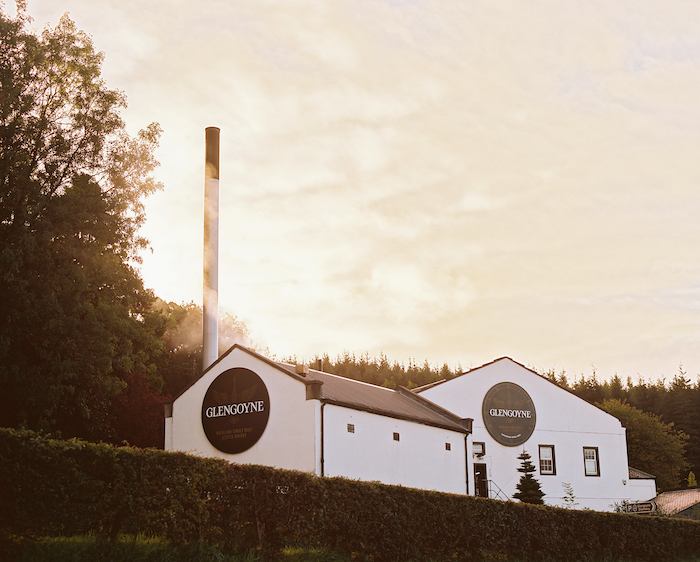Climate change could be felt across the whisky industry in the very near future. A new study commissioned by Glengoyne Highland Single Malt Scotch Whisky shows that projected temperature increases and changes in rainfall patterns threaten distillery production over the next 50 years.
Climate researchers from University College London found impending heat and drought stress caused by global warming could drastically affect the volume and quality of spring barley in Scotland.
More than 800,000 tons of spring barley are required annually in Scotch whisky production and a reduction in yield, as seen in 2018, could cost the industry up to £27 million a year, according to the Glengoyne-sponsored study.

With a decline in summer rainfall of up to 18% and a 2˚C annual rise in temperature by 2080, the study also found that summer droughts, which halted production at many distilleries across Islay, Perthshire, and Speyside in 2018, would likely occur with much greater frequency going forward.
Glengoyne officials say they commissioned the report to highlight the pressing need for all industries and individuals to come together to combat climate change.
Barbara Turing, Brand Manager at Glengoyne Highland Single Malt, said, “The threat of climate change is very real, and we all have a role to play in combating its effects. At Glengoyne, we still have so much more to do but we are committed to reducing our own impact on the environment and working with the Scotch Whisky Association to achieve their net zero emission target by 2040.”
She said it’s been quite the journey over the last 10 years, finding ways to use water more efficiently, introducing renewable sources of energy and using a local anaerobic digester for 100% of their liquid waste.
Climate change in the next 50 to 100 years could also threaten to alter the flavor profile of whisky in Scotland. Stages of its production, including malting, fermentation, distillation, and maturation, have all been developed to suit the temperate maritime climate of the area.
Warmer air and water temperatures, the report found, would all have the potential to lead to inefficient cooling in traditional distilleries, creating challenges for conserving the character, consistency, and quality of the liquid.
Carole Roberts, lead author and climate change researcher at University College London, said that there’s an assumption that Scotland is a wet, rainy place with a constant water supply. “Climate change is changing when and where it rains, and this will create shortages and change the character of the water – affecting our favorite drams – so planning is essential to protect our whisky.”
Professor Mark Maslin, climate change professor at University College London who worked on the report, said the work Glengoyne is doing to reduce their carbon emissions and protect whisky production from climate change is essential.
“But the whisky industry is just one fish in a big pond, and we need government support, investment, and infrastructure for all of us to be net zero emissions as soon as possible.”







